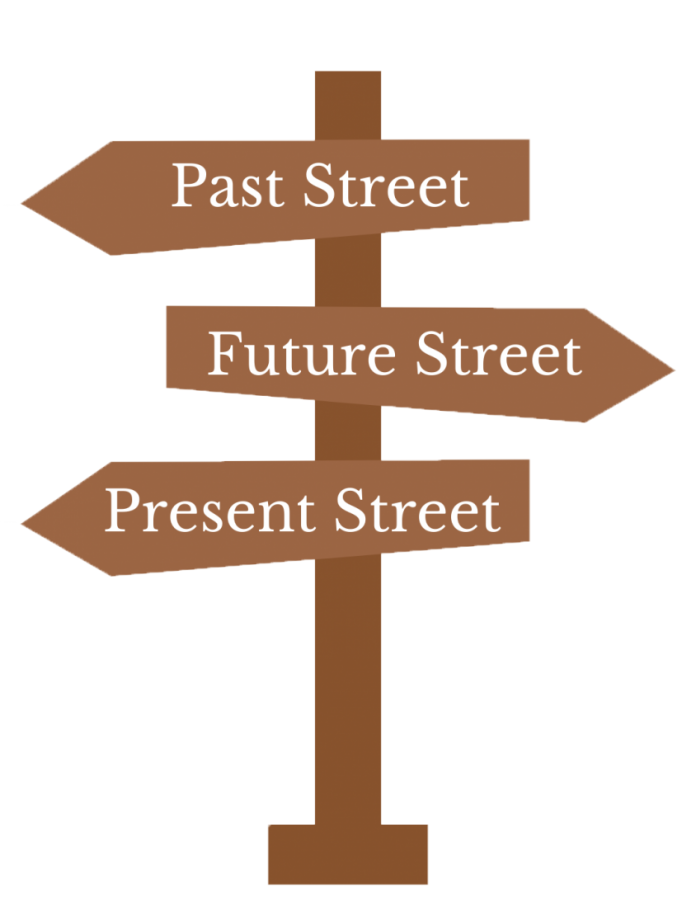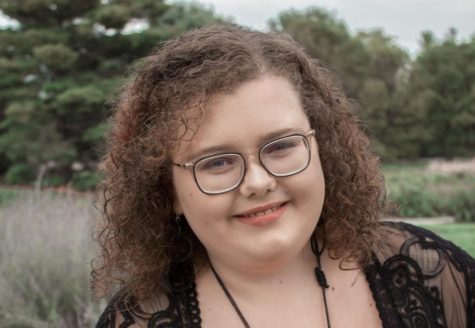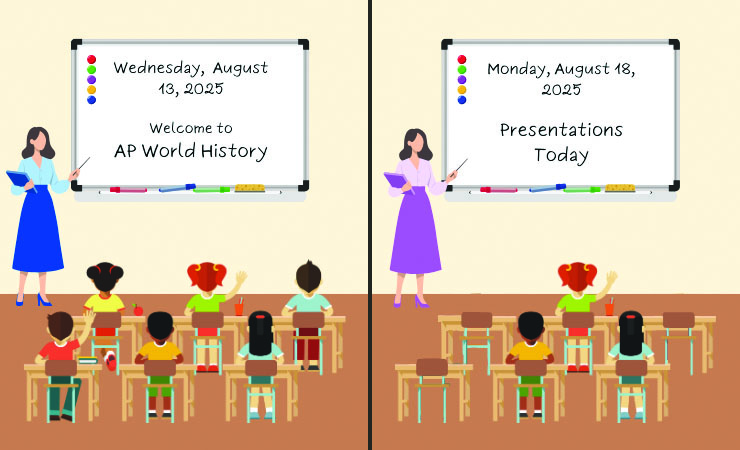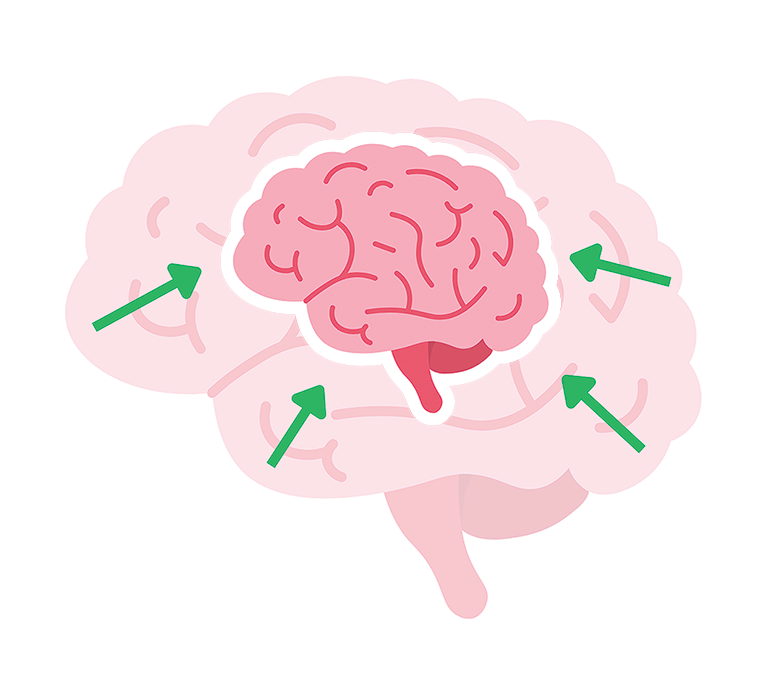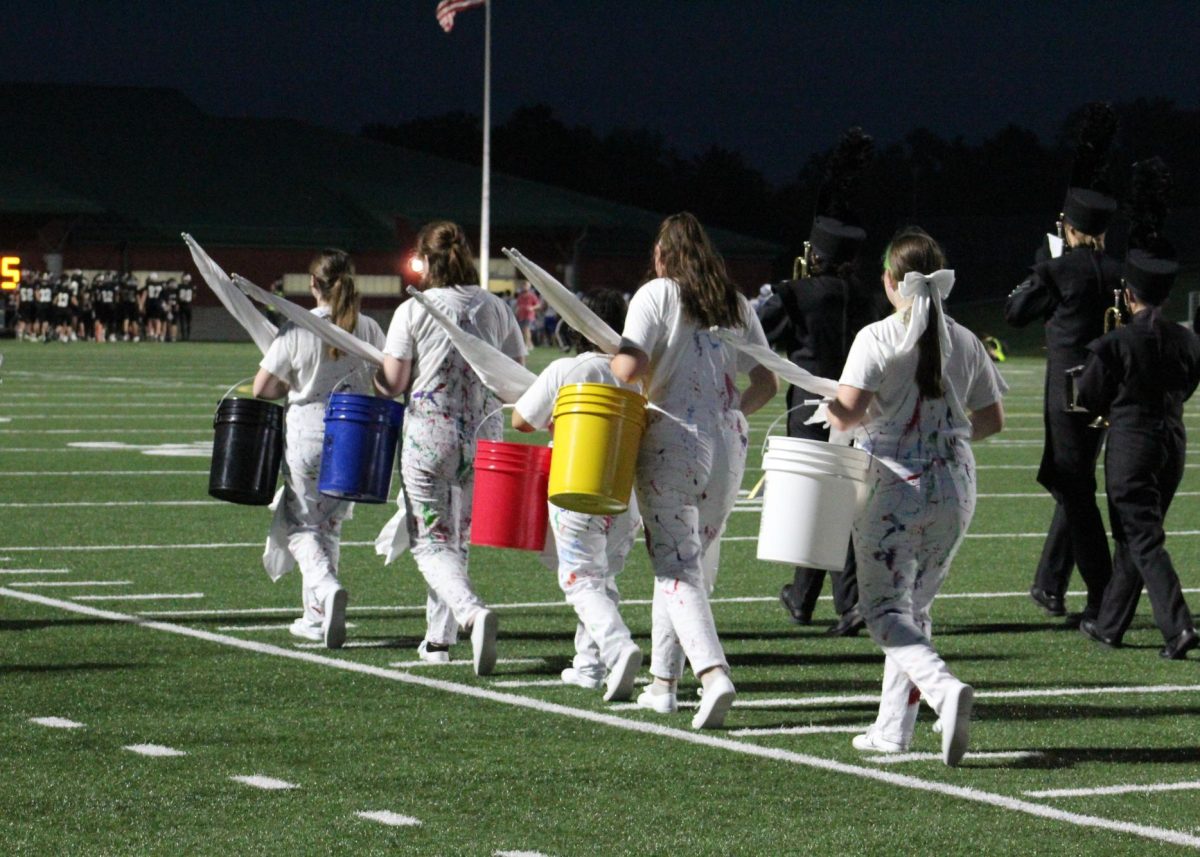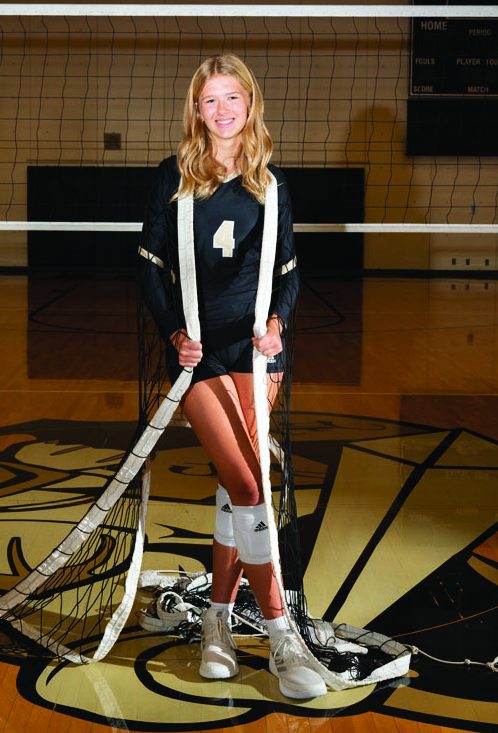Adulthood: Are students prepared for independece?
March 22, 2021
Most people don’t remember their first day of kindergarten. Eventually, they will hardly even remember their last day of high school. However, there is one memory that is forever etched into their memories: Graduation.
Walking down the stage and receiving your diploma is a much more memorable experience than stressing over a math test. That 12 years of blood, sweat and tears all wrapped up in a fancy piece of paper. Graduation is a rite of passage where a student becomes an adult. The only problem is being expected to remember those 12 years of schooling. Every equation, chemical element, synonym and life skill drilled into their memories.
The education system bases a student’s future on their ability to recall every important aspect of their academic career. These 17 to 18-year-olds are thrown into the biggest obstacle of their life with the transfer of that diploma. Adulthood is terrifying to those who aren’t fully prepared for everything that is involved with becoming an adult. That leaves the question: Are these students fully prepared for independence?
According to a study published by the University of California – Los Angeles, the answer to this question is yes. The study was conducted at La Playa High School during the 2015 school year and determined the effectiveness of a high school internship program. Students noticed a gap in their learning with the high school realm and the real world which this internship program was aiming to mend.
After the study commenced, their findings determined that the internship program was highly beneficial to students for a multitude of reasons. The most important reasons being self-confidence and student-led learning abilities.
One of the biggest issues that students face after high school when attending college is their inability to self-teach themselves. In high school, students are given strict lesson plans and assignments, with deadlines and work-days.
In college, however, this is not the case. Instead of spending eight hours a day in school, a college student attends school for only 3-6 hours a day. The time spent in school is focused on lectures, with all homework assignments expected to be completed outside of class. This may be one reason why so many students drop out of college within their first year.
However, Lincoln Southeast High School (LSE) business teacher Jessica Thompson hopes to help students further prepare for their futures.
“In Take Charge, we expose them to careers, colleges and pathways to a successful life after high school. We also teach students how to be financially successful,” Thompson said.
While Thompson is helping students for life after high school, she agrees that the education system is not perfect.
“We don’t have near as much time as we would like to have but we try to hit the basics,” Thompson said.
LSE senior Taylor Rinne agrees that the education system hasn’t prepared her completely for her own future.
“I think that Lincoln already has limited opportunities for your future, but I don’t think any of the classes that I had within the education system really helped me get there,” Rinne said.
Despite these restraints, Rinne has found her passion and her future career.
“My current plan is to attend some kind of college [my first choice is Wake Forest University] and then go into genetics. Then I am thinking about graduate school,” Rinne said.
However, having a fully thought out 10-year plan is not the case for a majority of high school seniors. A large portion of these students go into college with an undecided major, and even more enter the workforce with no plan past graduation. While it is not required for students to know their life goals, it does make life a whole lot easier.
This level of uncertainty in a student’s life can be extremely stressful, especially considering the fact that these decisions determine the course of a student’s lifetime.
One of the largest topics that students have lots of questions about is finances. High school students are often not even taught these subjects until their junior year, a mere two years before their graduation date.
While there are finance classes here at LSE, they are not required for graduation, so hundreds of students graduate without ever taking a class relating to finance in their entire school career.
Thompson has noticed that the most commonly asked questions from students are relating to finance.
“How do I file taxes? How to pay for college? What is a budget? What is credit really?” Thompson said.
Financial literacy is integral knowledge when a young student transitions into an independent adult. The umbrella term of financial literacy refers to knowledge on personal financial topics such as budgeting, saving, the difference between credit and debit cards and even how to set up retirement plans. Despite not being highly acknowledged in high school, money management can be the difference between a financially safe and a financially distraught individual.
Thompson agrees that being financially ready is necessary in the adult world, and the earlier a student starts thinking about finances the better.
“[Students] should start saving now, for everything: retirement, emergency funds, big purchases etc.” Thompson said.
Rinne is already seeing the strain of financial independence and large costs when it comes to her education.
“Finances have always been at the back of my mind when it comes to college. I am lucky in the sense that my parents have saved up some money for me, but sometimes I don’t feel ready to take on the price that my education will have,” Rinne said.
According to an article titled “Financial Literacy” published by Annuity.org, one of the largest factors to becoming financially secure is to understand budgeting. Developing habits that allow students to maintain security and to control their money is essential to live in today’s society.
Being financially literate will not only help a student in the present live successful lives but it will have longterm positive effects as well.
Alongside financial illiteracy, students are grossly unaware of daily tasks that are required with independent living.
“I honestly feel we should have required “adulting” courses. How to cook, how to change your tires, drivers education (used to be a class), finances, when to change your air filter, how to rent/buy a house,” Thompson said.
The reality of adulthood can be daunting for students. With the impending graduation alongside self-teaching on how to be truly independent, students can feel extremely isolated. However, students are not alone.
“Use your resources. Your counselor or Administrator are great resources to get the conversation going,” Thompson said.
While adulthood is both an exciting and terrifying time for transitioning students, there are resources available to everyone, whether that be a teacher, parent/guardian or simply the internet, it is possible to be fully prepared for independence.
Whether or not this remains true for all students, only the future will tell.

